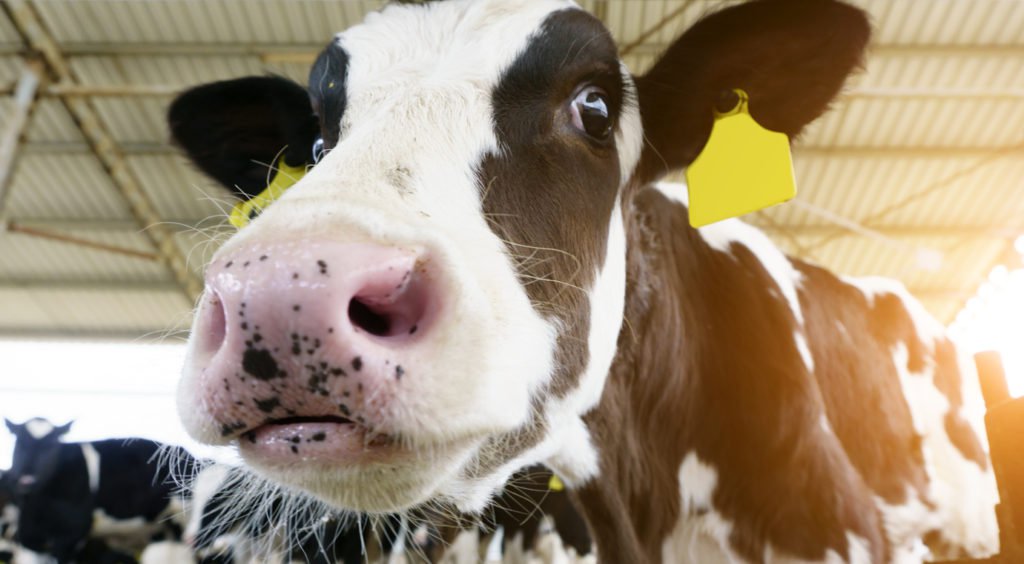Organic Authority: Largest Organic Milk Producer in the U.S. Isn’t Actually Organic at All
by Emily Monaco | May 4, 2017
The country’s largest organic milk producer has allegedly been operating illegally, according to an exposé that appeared in the Washington Post Monday. Aurora Organic Dairy, which supplies store-brand organic milk to such retailers as Walmart, Costco, and Target, was accused in the exposé of failing to graze its cattle according to USDA organic standards.
A formal legal complaint was filed Tuesday against the dairy and its organic certifier, the Colorado Department of Agriculture, by organic watchdog group The Cornucopia Institute.
“The rigorous investigative work by Peter Whoriskey at The Washington Post clearly illustrates a pattern of long-term corruption by both Aurora Dairy and the USDA’s National Organic Program,” Mark Kastel, Cornucopia’s co-director, said in a press release. “Our organic regulators have turned a blind eye as giant industrial operations place ethical family-scale dairy farmers at a distinct competitive disadvantage.”
According to the Washington Post, the High Plains operation in Colorado, which is run by Aurora Organic Dairy, has been keeping almost all of its 15,000 cows in dirt- and manure-covered pens instead of in pasture, as organic regulations require. Reporters visited the farm several times across eight days last year, and each time they never found more than ten percent of the herd grazing. This was confirmed by a high-resolution satellite photo taken in mid-July by DigitalGlobe, the Post reports.
Aurora spokeswoman Sonja Tuitele responded to these accusations by calling them anomalies and “drive-bys.”
“The requirements of the USDA National Organic Program allow for an extremely wide range of grazing practices that comply with the rule,” Tuitele told the Post by e-mail.
When the Post attempted to confirm its findings with USDA inspectors who conducted the annual audit for the farm, reporters learned that these inspectors visited well after grazing season.
“That means that during the annual audit, inspectors would not have seen whether the cows were grazing as required, a breach of USDA inspection policy,” the Post reports.
Milk from the farm was also tested by Virginia Tech dairy science professor Benjamin Corl and was found to be more similar to milk produced by grain-fed cows than grass-fed, due to percentages of CLA, linoleic acid, and alpha-linoleic acid.
Aurora Dairy already came under fire for its “willful violations” of organic rules in April 2007 and was placed under USDA investigation before being allowed to continue to operate under the USDA organic label.
According to the Cornucopia Institute, this is not an isolated problem in the organic dairy industry.
“About half of the organic milk sold in the U.S. is coming from very large factory farms that have no intention of living up to organic principles,” says Kastel.
Organic milk often costs consumers up to double the price of conventional. Organic dairy sales amounted to $6 billion in the U.S. last year.
